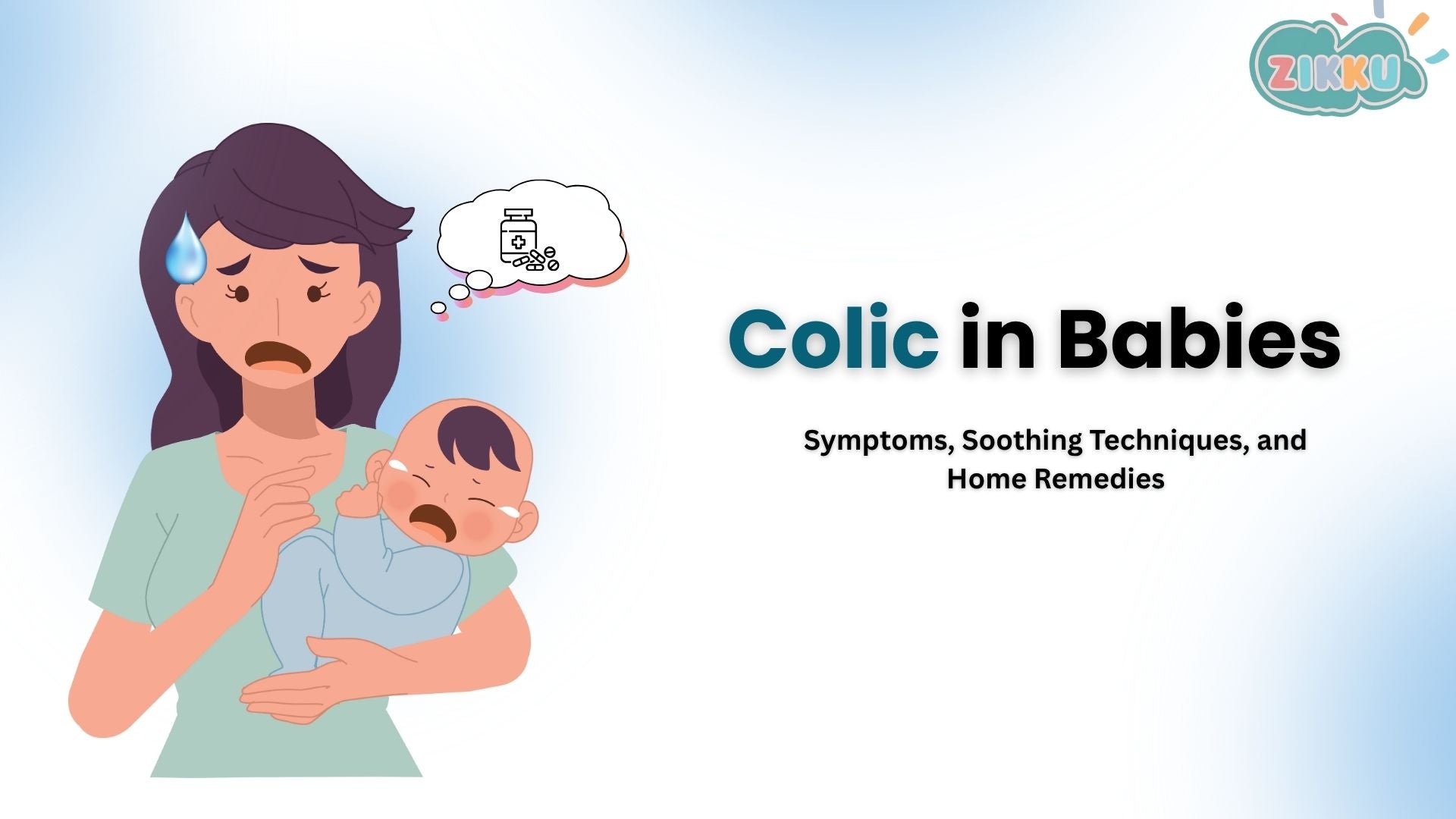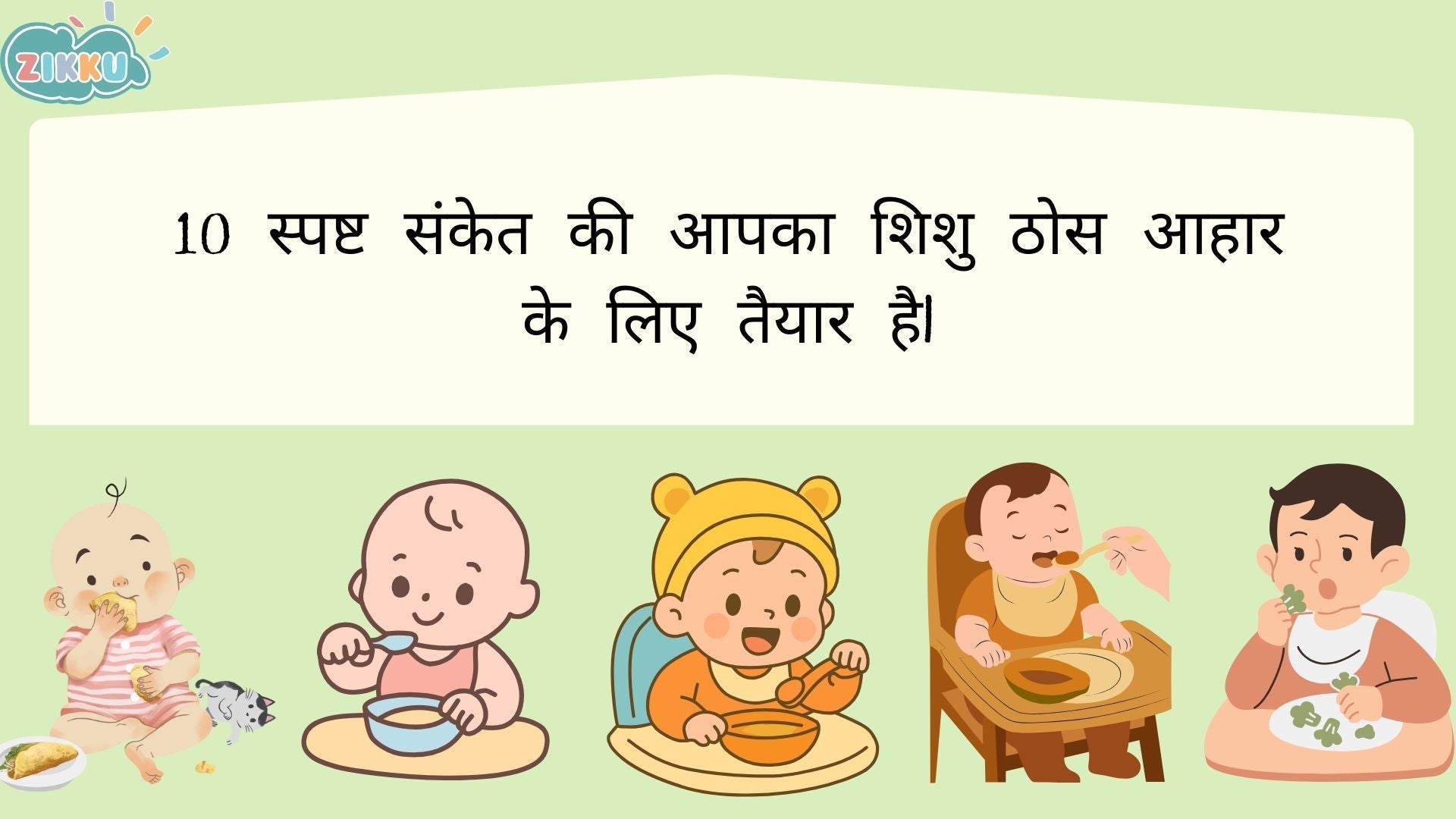Baby Won't Stop Crying? 5 Proven Ways to Soothe Colic Tonight
- by ["Divyanshi Paliwal"]

It's 2 AM, and your baby has been crying non-stop for three hours. You've tried everything – feeding, rocking, singing – but nothing works. If this sounds familiar, you might be wondering: how to soothe a colicky baby effectively. You're not alone in this exhausting journey. Colic affects up to 20% of babies worldwide, and it can leave even experienced parents feeling helpless and overwhelmed.
What Is Baby Colic? Understanding the Rule of 3s
Baby colic is more than just regular crying. It follows a specific pattern that pediatricians call the "Rule of 3s":
- Crying for more than 3 hours a day
- Happening more than 3 days a week
- Lasting for more than 3 weeks
- Usually starts around 3 weeks of age
The most important thing to remember? It's not your fault, and it will pass.
Recognizing Colic Symptoms in Your Baby
Colicky babies produce intense, high-pitched wails that sound like they're in pain, even though they're perfectly healthy.
Physical Signs to Watch For:
- Clenched fists and arched back
- Red, flushed face during crying episodes
- Pulling legs toward the belly
- Crying that peaks in the evening hours
- Brief periods of relief, followed by renewed crying
The heartbreaking reality? Your usual comforting techniques don't work during these episodes.
Why Does Colic Happen in Babies?
Medical experts aren't completely certain, but several theories explain why babies get colic:
- Immature digestive system struggling to process milk
- Overstimulation from environmental factors
- Sensitive temperament to routine changes
- Gas buildup causing digestive discomfort
Remember: colic isn't caused by anything you did wrong. You're an amazing parent navigating a challenging phase.
How to Soothe a Colicky Baby: The 5 S's Method
Dr. Harvey Karp's famous 5 S's technique has helped millions of parents worldwide:
- Swaddling: Wrap your baby snugly in a soft blanket. This recreates the womb's security and can instantly calm fussy babies.
- Side/Stomach Position: Hold your baby on their side or stomach (never for sleeping). This position helps release trapped gas.
- Shushing: Make consistent "shush" sounds near their ear. These sounds mimic the whooshing they heard in the womb.
- Swinging: Gentle, rhythmic movement calms their overstimulated nervous system.
- Sucking: Offer a pacifier or clean finger. Sucking is deeply comforting for babies and triggers their natural calming reflex.
Natural Home Remedies for Baby Colic
-
Movement-Based Solutions
- Take a car ride – the gentle vibration works wonders
- Use a baby swing or bouncer for consistent motion
- Walk around the house while holding your baby
- Try gentle bouncing on an exercise ball
-
Sound Therapy That Works
- White noise machines or smartphone apps
- Vacuum cleaner sounds (surprisingly effective!)
- Soft classical music or lullabies
- Your calm, gentle voice reading stories
Traditional Indian Remedies for Colicky Babies
Many Indian mothers swear by these time-tested natural remedies:
- Hing (Asafoetida) Treatment: Mix a tiny pinch of hing with water. Apply this paste around the navel (never inside) for natural gas relief.
- Warm Oil Massage: Gently massage your baby's tummy with warm coconut or mustard oil using clockwise circular motions. This ancient technique promotes digestion.
- Ajwain Water: Boil carom seeds, strain the water, and give a few drops. Always consult your pediatrician before trying herbal remedies.
Additional Comfort Measures for Colic Relief
- Warm baths to relax tense muscles
- Bicycle leg movements to release trapped gas
- Supervised tummy time when baby is calm
- Probiotics (with doctor's approval only)
Consider using gentle baby care products specifically designed for sensitive skin during massage time.
When to Call Your Pediatrician About Baby Colic
While colic is generally harmless, contact your doctor immediately if you notice:
- Baby develops a fever
- Crying sounds unusually different or more intense
- Baby isn't eating or gaining weight properly
- Blood appears in stool
- Your parental instincts say something's wrong
Trust your intuition – you know your baby better than anyone.
The Emotional Impact of Colic on Parents
Dealing with a colicky baby affects the entire family. Parents often experience:
- Overwhelming exhaustion and frustration
- Feelings of inadequacy or self-doubt
- Anxiety about their baby's wellbeing
- Strain on relationships and daily routines
These feelings are completely normal and valid.
Hope for Exhausted Parents: When Does Colic End?
Here's the encouraging truth about baby colic. It typically peaks around 6 weeks and resolves completely by 3-4 months of age. Your patient love during these difficult weeks builds a foundation of security for your baby. Even when they can't be soothed, they feel your presence and care.
Creating a Colic-Friendly Environment
Transform your nursery into a calming sanctuary:
- Dim the lights during crying episodes
- Keep the room at comfortable temperature
- Use blackout curtains for better sleep
- Consider investing in quality baby comfort products that support both you and your little one
Expert Tips for Managing Colic Long-Term
- Take breaks when needed – ask family for help
- Join parent support groups (online or local)
- Document crying patterns to identify triggers
- Practice self-care to maintain your emotional wellbeing
- Remember that this phase is temporary
You're Stronger Than You Know
At Zikku, we understand those endless nights when nothing seems to work. We've supported countless families through their most challenging parenting moments. Every parent deserves support during overwhelming times like these. From gentle baby care essentials to comfort products designed for sensitive babies, we believe in making your parenting journey a little easier.
Your strength during these colicky nights demonstrates the incredible depth of your love. Brighter, quieter days are coming.
Ready to create a more comfortable environment for your colicky baby? Explore Zikku's collection of gentle baby care products designed specifically for sensitive little ones. Follow Zikku for more expert parenting tips and support.








